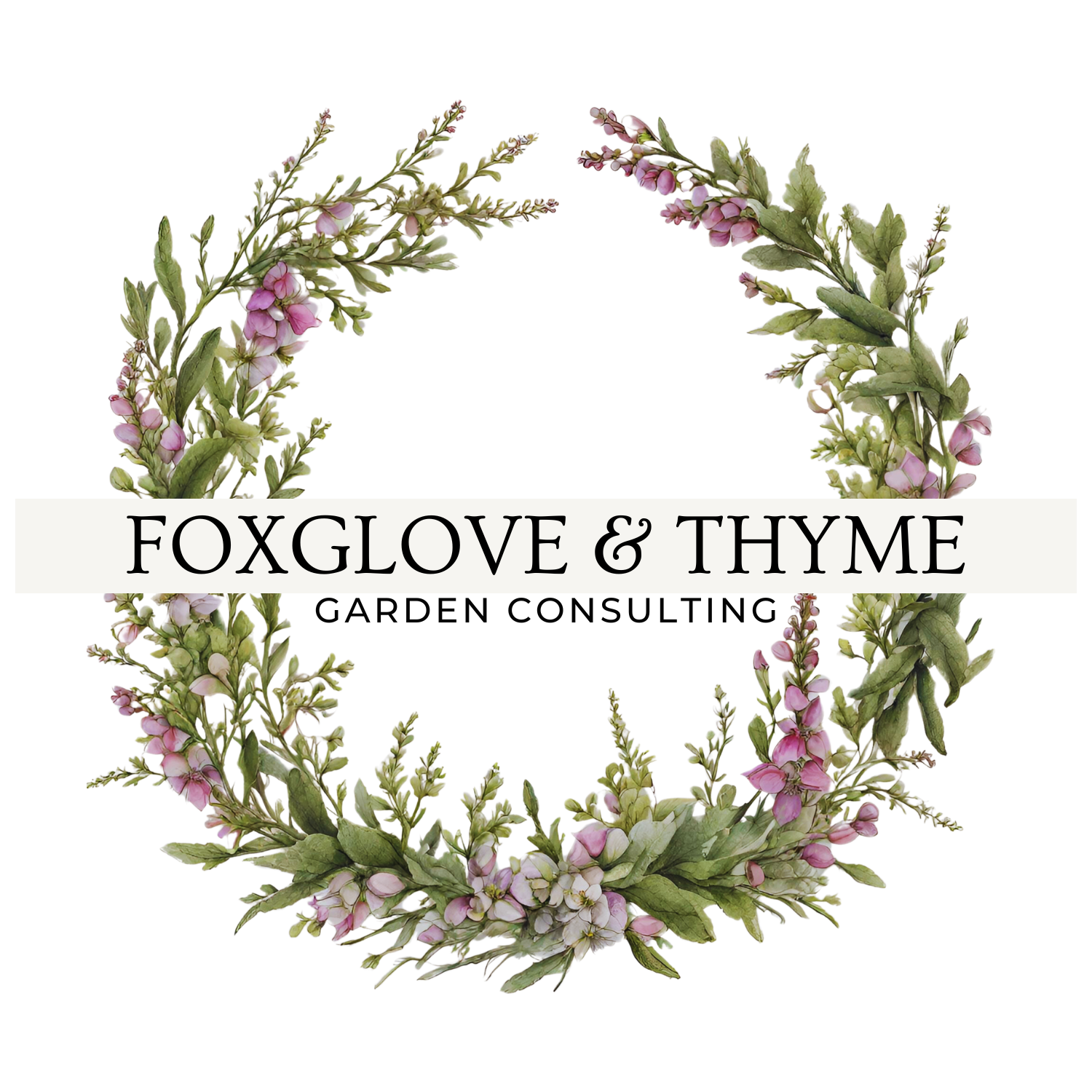Keep Pests & Plant Problems in Check: Natural Strategies for a Healthy Garden
You’ve built your garden, your seedlings are thriving - and then bam, something starts munching, wilting, or turning yellow overnight. Sound familiar? Pests and plant diseases are part of gardening in Georgia’s warm, humid climate - but they don’t have to ruin your harvest.
In this post, we’re sharing our favorite natural, non-toxic strategies for managing pests and common plant issues in the Atlanta Metro area. Whether you’re working with raised beds or containers on your patio, these tips will help keep your garden healthy and productive.
Step 1: Know What You’re Dealing With
The first step to managing pests and disease is knowing what’s normal and what’s not. Spend time in your garden regularly and look for:
• Chewed leaves or holes
• Discoloration or yellowing
• Wilting despite moist soil
• Sticky residue or black mold
• Insects clustered on stems or undersides of leaves
Snapping a quick photo and zooming in can help you spot tiny culprits like aphids or spider mites.
Step 2: Encourage Balance, Not Eradication
Your garden is an ecosystem - and most insects aren’t the enemy. In fact, many are helpful! The key is encouraging balance rather than trying to kill off every critter.
Beneficial insects to welcome:
• Ladybugs (eat aphids)
• Lacewings
• Parasitic wasps
• Bees and butterflies (pollinators)
To support them, plant companion flowers like calendula, marigolds, zinnias, and chamomile throughout your garden.
Step 3: Organic Pest Management Tools
When pests start to tip the balance, try these gentle but effective methods before reaching for harsher solutions:
• Neem oil: Great for aphids, spider mites, and whiteflies. Spray in the early morning or evening, not in direct sun.
• Insecticidal soap: Targets soft-bodied insects like aphids and mealybugs.
• Food-grade diatomaceous earth: A fine powder that deters crawling insects like slugs and earwigs.
• Row covers: Protect crops like cabbage and broccoli from cabbage worms and flea beetles.
• Beer traps or copper tape: For slugs and snails, especially after rain.
Be cautious with broad-spectrum sprays - even organic ones - as they can harm beneficial insects if overused. Try not to spray during times when pollinators are active.
Step 4: Preventative Garden Practices
An ounce of prevention is worth a pound of pests. Build resilience into your garden with these habits:
• Rotate crops: Don’t plant the same veggie family in the same spot every season.
• Water at the base: Wet leaves promote disease - drip irrigation or hand-watering at soil level is best.
• Inspect transplants: Before planting new starts, check for hitchhiking bugs or eggs.
When to Call for Help
If you’re still stumped by leaf damage or battling a recurring issue, that’s where we come in. At Foxglove & Thyme, we offer hands-on garden coaching and can help identify the issue, troubleshoot solutions, and adjust your garden plan to prevent future problems.
Book a Consultation and let’s tackle those garden invaders together - with confidence and care.
